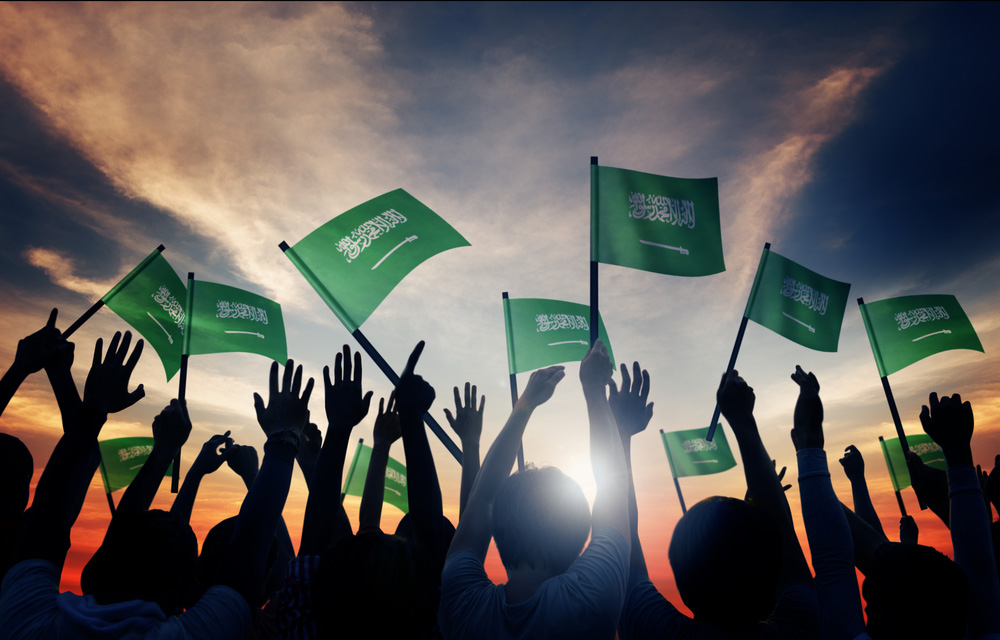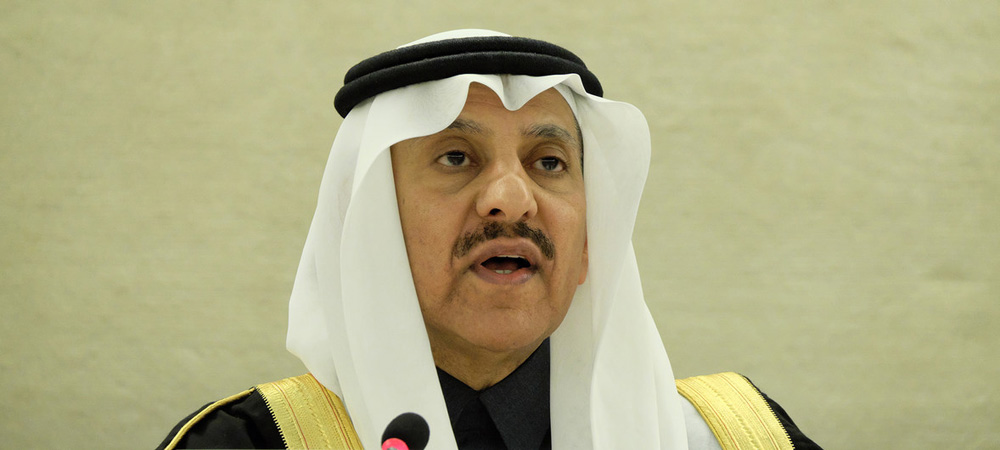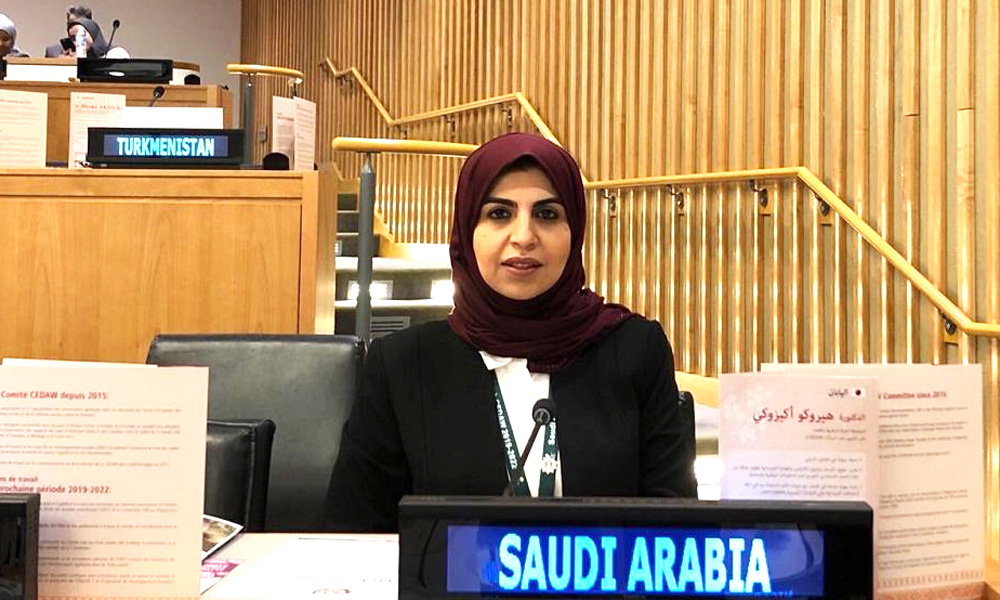
On November 25th 2018, Saudi Arabia joined the rest of the world in marking the International Day for the Elimination of Violence Against Women, and has already taken appropriate action in protecting women under the law.
Executive director of the National Family Safety Program, Dr. Majid Al Eissa proclaimed that approximately 35% of women in the kingdom have experienced a form of violence at least once in their lives. Speaking to local press, Al Eissa said, “Our latest study pointed out that violence rates against women are close to 35 percent. This number is in line with global figures without any significant difference, which means that the issue of violence against women exists everywhere around the world, and no society is immune.”
The National Family Safety Program’s most recent project is focused around the rehabilitation of women who have been victims of any form of abuse or violence and is a program that is set to be up and running across Saudi Arabia starting in December this year. At 7 weeks long, the program aids female victims of violence to resume a stable life following their traumatic experiences, Al Eissa added, “so far, 120 women have benefited from our rehabilitation program in Riyadh alone.”

Dr. Bandar bin Mohammed Al Aiban - image via UN Geneva/Daniel Johnson
Chairman of the Saudi Human Rights Commission, Bandar bin Mohammed Al Aiban, reported that 1059 cases of violence towards women were taken to courts in 2017; 348 were cases of physical violence, 59 of domestic abuse and 65 of sexual abuse.
In a poll by the Saudi National Center for Public Opinion Polls, of over 1000 people, held in November 2017, results showed that 16% of women in Saudi Arabia believe that violence towards women is prevalent and at an all time high, followed by 73% of people partaking in the poll, who said that it is husbands that carry out much of the violence and abuse. It was also revealed that 83% of cases of violence against women takes place in their homes.
Dr Majid Al Eissa explained that the National Family Safety Program is mostly based on preventative strategies such as awareness campaigns, courses, seminars, forums and workshops in collaboration with established human rights organisations and universities. He said, “In addition, we mainly focus on preparing civil workers and individuals who deal with the victims. It means that we deal with various sectors, such as security agents, judiciary personnel, workers in social institutions, mental health workers, doctors and teachers. We work with them on training and capacity-building to be able to identify and deal with these issues appropriately.”
In 1993, the UN issued the Declaration on the Elimination of Violence Against Women, and since then Saudi Arabia has taken action in protecting women and ensuring their rights. Furthermore, in 2013, the kingdom created a law that criminalized domestic violence, which is often targeted at women and children. The law clearly states that the abuse can be “any form of exploitation; physical, psychological or sexual, or the threat thereof committed by an individual against another exceeding the limits of powers and responsibilities derived from guardianship, dependency, sponsorship, trusteeship or livelihood relationship. The term ‘abuse’ shall include the omission or negligence of an individual in the performance of his duties or responsibilities in providing basic needs for a family member or an individual for whom he is legally responsible.”

Dr. Tamader Al Rammah
In June 2018, Dr. Tamader Al Rammah, the kingdom’s deputy minister of labor and social development, was appointed to the UN Committee on the Elimination of Discrimination Against Women. Made up of 23 members, the committee oversees the application of the Convention on the Elimination of All Forms of Discrimination against Women act.
This year, Saudi Arabia introduced a new anti-harassment law. Penalties for breaking this law vary between a prison sentence of up to two years and/or a SR100,000 ($26,000) fine to prison sentences of up to five years and/or a maximum SR300,000 fine.
Former executive director of the National Family Safety Program in Saudi Arabia, Maha Al Muneef, who is also an activist and pediatrician, took to Twitter and wrote, “The law of protection from abuse was adopted to protect women from domestic violence, now the adoption of the anti-harassment law will protect women outside the home.”
Major General Mansour Al-Turki, also told Arab News, “we expect that this law will lower sexual harassment crimes. We are working toward not having these crimes in any place in the Kingdom.”

















